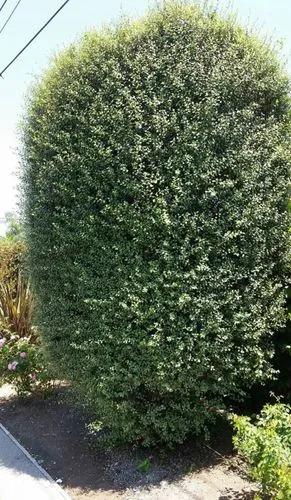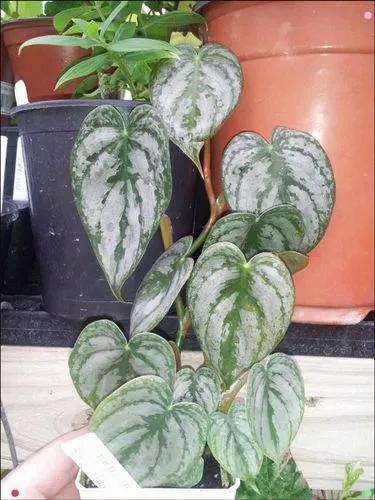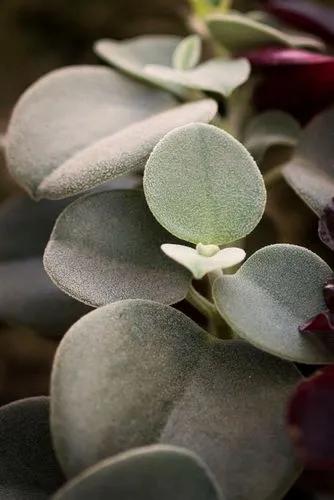Hawaiian Umbrella Tree is an evergreen flowering plant that is very easy to care for. This makes it the perfect option for beginners.
Hawaiian Umbrella Tree Bonsai Care
Dwarf Schefflera arboricola



Schefflera arboricola (Hawaiian Umbrella Tree, Dwarf Schefflera) is also popular as an indoor bonsai and belongs to the Araliaceae family. One of its main characteristics is that it is very easy to look after, place, and propagate.
The term “Bonsai” means that this plant is a miniature reproduction of a natural tree, so it doesn’t have woody stems. The plant is considered to be tropical and has compound dark green leaves that form the shape of an umbrella.
How to Care for the Plant

Water

It is very important to keep the soil watered: you should never allow it to become completely drained. You can use the drainage holes as indicators of well-watered soil — the water should begin to run out of them. How you water the plant is not as important as how much water you use.

Pruning

Pruning the plant is very necessary: in the first year, all leaves from it should be pruned off; however, the stalk should be left in place. The following year prune off the largest leaves only. The pruning should be repeated every spring.

Fertilizer

To keep your bonsai healthy, you should use liquid fertilizer (general purpose) at least once a month. You can also use solid fertilizer during summer and apply water-soluble fertilizer as a spray in addition to it.

Sunlight

The plant can be placed in dull light, but if you want it to produce smaller leaves and look better, you should put it in a place where it will get a lot of light.

Soil

Hawaiian Umbrella Tree prefers well-draining, sandy soil that remains moist for a long time. The standard soil mix will be a perfect option for this plant.

Propagation

Hawaiian Umbrella Tree can be propagated from cuttings (they root even in a glass of water) or seeds.

Temperature

The best temperature is between 65-72 ̊F (18-22 ̊C), but it should not fall below 50̊ F (10̊ C). Do not place the plant near opened windows in winter because it shouldn’t be exposed to cold draughts.

Container

You can choose a pot of any material and size, but it is very important to repot your plant when its root system has filled the container. This process should be done in the summer. Another serious requirement is the drainage system (holes in the bottom of the pot) — to keep the soil well-watered.

Fun fact

The art of bonsai has its origin in China and Japan. The size of the plant and how long it stays miniature depends on how it is cared for.

Additional

Schefflera plants are poisonous to people and animals, if eaten.
It is not often fatal but will cause a burning sensation, swelling, difficulty swallowing, and in severe cases, difficult breathing.
Popularity

80,157 people already have this plant 5,821 people have added this plant to their wishlists
Discover more plants with the list below
Popular articles






